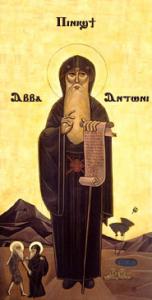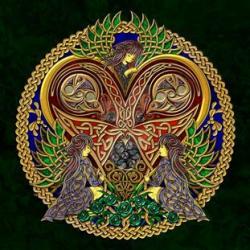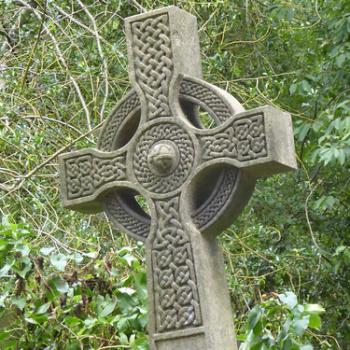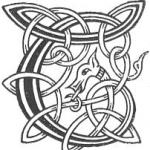 This month, the nation celebrates Black History. I have seen two different reactions when it comes to Black History, specifically in my role as a Theologian and a Pastor. The first is the surprise when a person learns a new interesting fact about the history of African Americans in this country. It is the most satisfying when one of my children learns a new and interesting fact about the contribution of African Americans to our nation and world. There is also the uncomfortableness when we discuss their suffering at the hands of our nation. And although painful, is a very necessary conversation to have. I don’t want to whitewash history for my children, they need to see history, warts and all.
This month, the nation celebrates Black History. I have seen two different reactions when it comes to Black History, specifically in my role as a Theologian and a Pastor. The first is the surprise when a person learns a new interesting fact about the history of African Americans in this country. It is the most satisfying when one of my children learns a new and interesting fact about the contribution of African Americans to our nation and world. There is also the uncomfortableness when we discuss their suffering at the hands of our nation. And although painful, is a very necessary conversation to have. I don’t want to whitewash history for my children, they need to see history, warts and all.
The Silent Eyeroll
Then there is the second one I have observed… The silent eye roll, Or the uncomfortable shift when it is mentioned. And the even the more overt comments like, “this is the new PC world” or “We don’t get a white history month”. So to those of us from European or even Hispanic descent, why should Black History matter to us? Its an honest question that many fear to even ask. The answer is quite simple, without Black History, the true story of The United States is incomplete. Denying black history, or any part of it, is nothing short of erasing history. Altering history is an attempt to change the narrative of history. We must acknowledge the horrors, the successes, the failures and the triumphs of black history in our country. Not doing so takes a huge chunk of how this country came to be and erases it. We then create a narrative that is simply not true.
The importance of Studying
Why should we dedicate time to study Black history? Because it is a hard piece of history for the nation to digest. For every inspiring George Washington Carver and Martin Luther King, there are 10 unnamed slaves that died in the Atlantic Transit. 10 more slaves that built our early nation on their backs, for free and in deplorable conditions. Culminating in a Civil War where hundreds of thousands of war deaths occurred. Not to mention thousands of post war abuses and Jim Crow laws. You see, it is in these really hard places in history we learn our flaws, and how to make sure they never happen again. We can never forget, either the descendant of the slave or slave owner, because history has this really nasty habit of repeating itself when we don’t remember. Hard lessons are painful to look at, but we must look. Because in those horror stories we see the valiant 400 year struggle of a people that makes up over 35% of our population. It is a story of triumph not completely finished, and equality work, not completely seen through. While we, as “White” Americans born after 1865 are not responsible for slavery, we have a responsibility to ensure we, or anyone else never lets it happen again. This is why Black History matters.
African Influence on Celtic Faith Practices
African influence on the Celtic faith cannot be denied. Monastic spirituality came to Britain and then Ireland from Gaul, by way of Lérins, Tours, and Auxerre, these places recieved their form of monasticism from the Desert Fathers. Celtic spirituality was heavily influenced by the Desert Fathers, a group of Egyptian monks who created the form of monasticism still used in Ireland and Scotland today. According to Richard Woods, the familial, democratic, and decentralized aspects of Egyptian Christianity were better suited to structures and values of Celtic culture than was a legalistic diocesan form. This Egyptian form of Christianity paved the way for the very practice of the Christian faith me and my Irish ancestors used. An African form of Christianity are the roots of Celtic Spirituality. Black History is Our History. And in truth, Black history is a root for my history!











